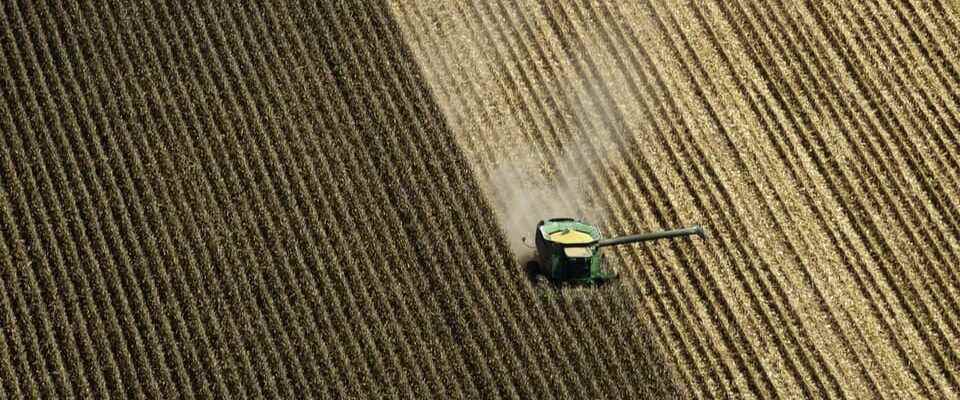contents
The Ukraine war has exacerbated the global food problem. Nevertheless, part of the harvest is still used for biofuel.
Deepak Ray knows all about hunger: After all, there are a lot of undernourished people in his home country of India. And even though the expert on global food security is now doing research at the University of Minnesota in the north of the USA: The topic of hunger hasn’t let him go.
“In our research, we asked ourselves whether countries produce enough calories to feed their residents,” says Ray. To do this, he and his team have analyzed the ten most important agricultural commodities such as corn, wheat and soybeans over the years.
These plants produce enough calories for everyone.
The sobering realization: “These plants produce enough calories for everyone,” says Ray, “even more and more over the years. But most of those calories are not being used to feed the poor, but rather to meet the needs of a growing middle and upper class. By using it to produce meat or biofuel.”
Compensate for war-related losses
In view of the looming global hunger crisis, many people are angry about this. The Washington think tank World Resources Institute, for example, has now demanded that only half as much grain as before be put into biofuel production. This could compensate for all war-related export losses of wheat, corn and rye from Ukraine and Russia.
Scientist Ray thinks that’s wishful thinking. Because his analyzes show that fewer and fewer corn, wheat or soybeans end up directly on the plate. In 2030 it is likely to be only a third of the global harvest. “You can earn a lot more money if you produce biofuels with the grain,” the scientist explains.
Biofuel subsidized for climate protection reasons
Politicians are not innocent in this development. Because petrol with a biofuel share of ten percent is subsidized by the USA and the EU for climate protection reasons.
In the USA, 40 percent of the corn harvest now ends up in the tank. This corn is then missing from the plate. Changing the course that has already been taken in the face of the acute food crisis is unlikely to be possible, says scientist Ray.
Legend:
A large, profitable industry has grown up around biofuel production over the past 20 years, says scientist Ray.
key stone
Pascal Zumbühl does not expect a turnaround either. The economist analyzed the global food situation for Credit Suisse. And came across an interesting connection between food and energy prices. His conclusion: “A higher oil price increases the incentive to use grain for biofuels because it is simply cheaper.”
A higher oil price increases the incentive to use grain for biofuels simply because it is cheaper.
During the last major food crisis in 2008, the price of oil was at record levels. Because biofuel was relatively cheaper than fossil fuels, significantly more biofuel was produced. Studies show that, of all times, this drove up the price of the biofuel raw material corn by up to 50 percent during the hunger crisis.
Using more and more corn for biofuel production was a “crime against humanity,” criticized the UN rapporteur on the right to food at the time.
Indian scientist Ray is also deeply concerned about the current crisis. Even before the Ukraine war, it was unlikely that global hunger would be defeated by 2030 as planned by the UN, he says. The Ukraine war has now made everything much worse.
